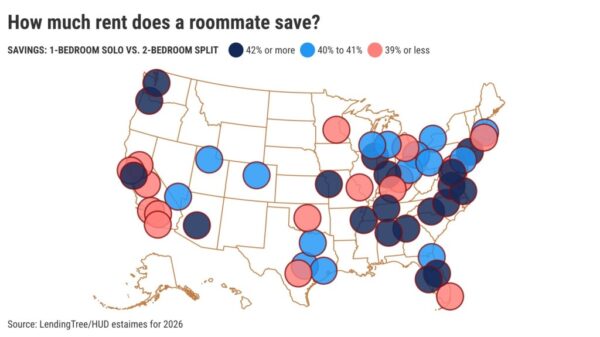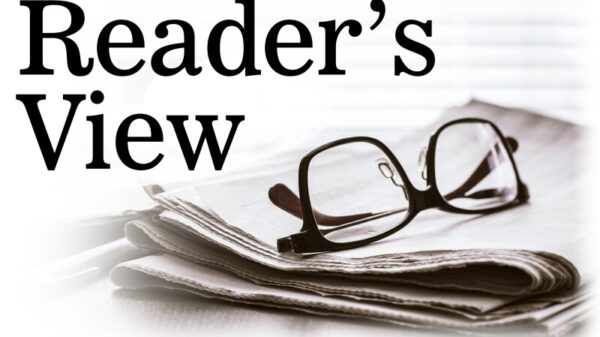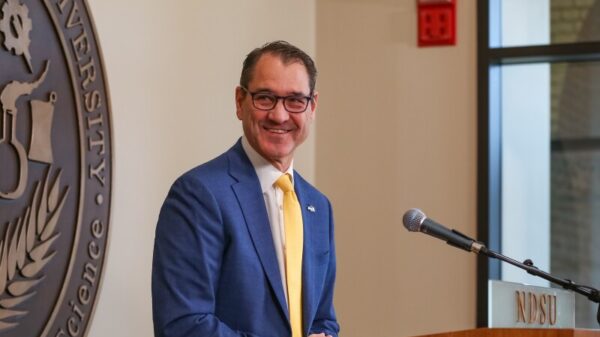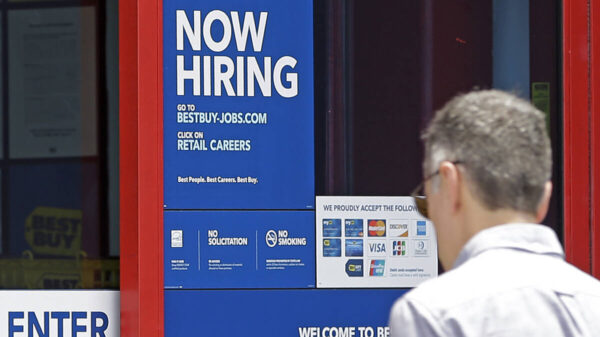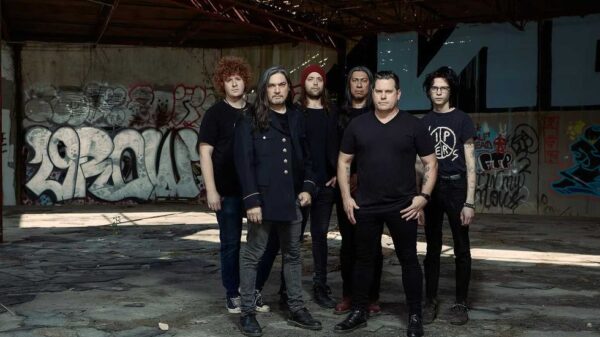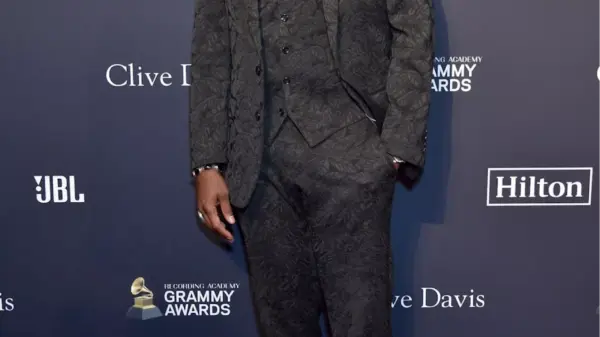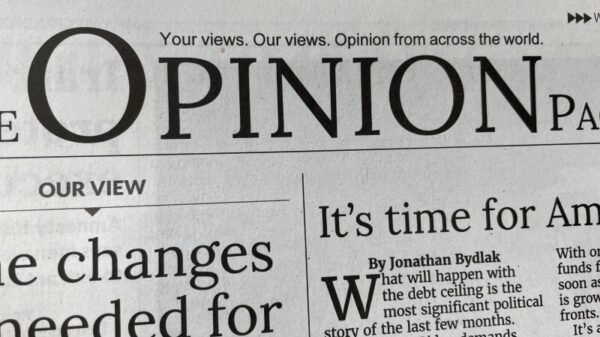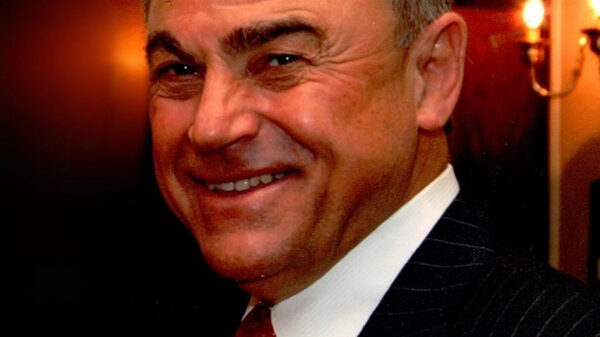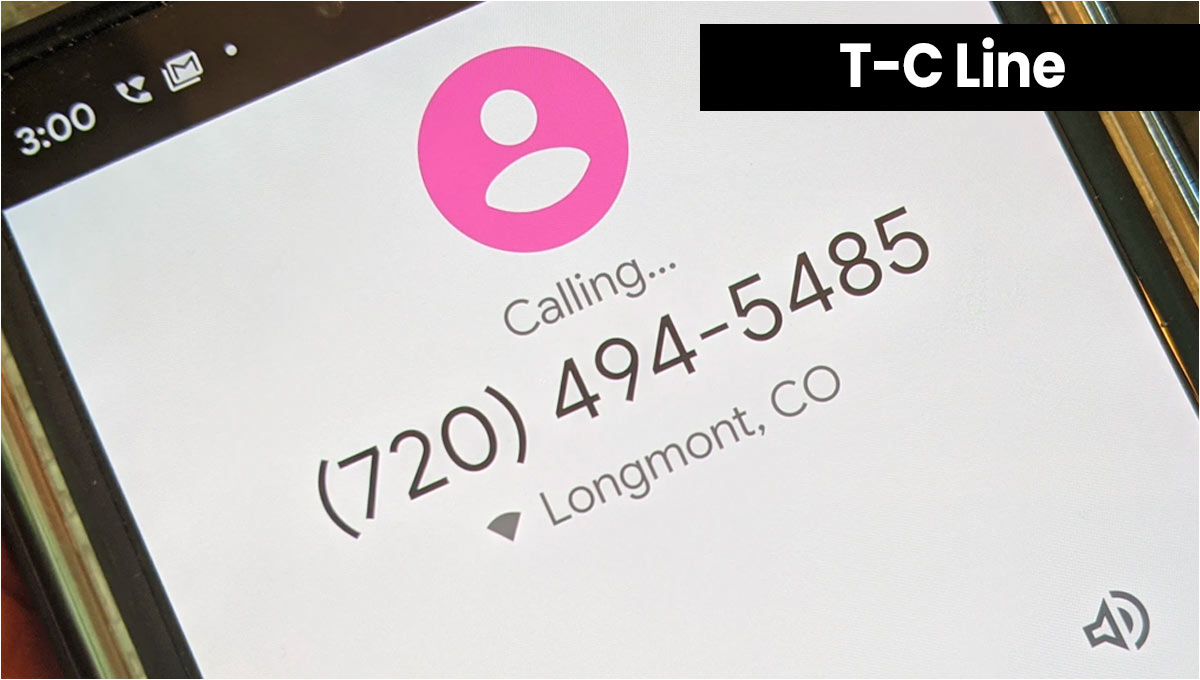On September 21, 2025, a significant conversation emerged surrounding the issues of hate speech and media censorship in the United States. In a bold statement, former Florida Attorney General Pam Bondi emphasized the need to combat hate speech across political lines, calling for accountability among those who promote it.
Bondi stated, “We will absolutely target you, go after you, if you are targeting anyone with hate speech.” This comment has reignited discussions about the rhetoric used by political figures, particularly former President Donald Trump, whom critics accuse of perpetuating divisive speech. Some advocates argue that Bondi should initiate impeachment proceedings against Trump, asserting that he is a prominent figure in the dissemination of hate speech.
The discourse has also touched on concerns about media freedom. Many believe that Trump’s administration has fostered an environment where criticism of the government is met with hostility. This has led to calls for boycotts against major networks, specifically ABC and CBS, which some argue have succumbed to government pressure and censorship. Advocates for free speech are urging the public to reconsider their support for these networks and their parent companies, including Disney and Paramount.
In addition to media criticism, the conversation has expanded to include commentary on public figures such as comedian Jimmy Kimmel. Some citizens have expressed frustration over Kimmel’s portrayal of Trump, suggesting that the former president’s challenges arise from his own actions rather than external commentary. A contributor remarked, “Jimmy Kimmel didn’t give Donald Trump bad publicity. He did it to himself.”
The debate has even extended into reflections on America’s historical context. Questions have arisen regarding the phrase “Make America Great Again,” which some associate with a time when the country was under British rule, led by King George III. Critics argue that such nostalgia overlooks the complexities of history and the progress made in democratic governance.
Vaccination policies have also been a focal point of concern. Observers are curious about Trump’s health decisions, particularly regarding his vaccinations. One concerned citizen expressed a desire to know what vaccines Trump is receiving this year, noting their own vaccination for COVID-19 and flu. This highlights broader public interest in the health decisions of influential leaders and the importance of transparency.
As these discussions unfold, they reflect a growing urgency to address the implications of hate speech, media integrity, and public health. The call for action against perceived censorship and divisive rhetoric resonates in an increasingly polarized political landscape.
In conclusion, the exchanges on September 21, 2025, serve as a reminder of the importance of free speech and the collective responsibility of citizens to uphold democratic values. The dialogue continues, with many advocating for a more informed and engaged public discourse.











